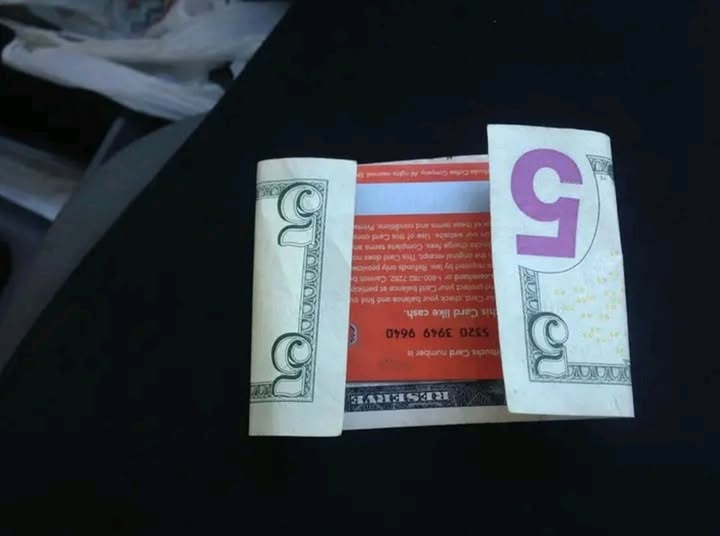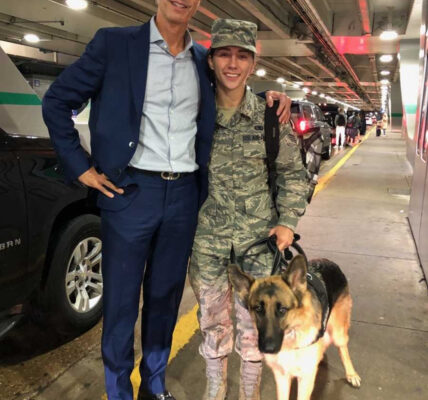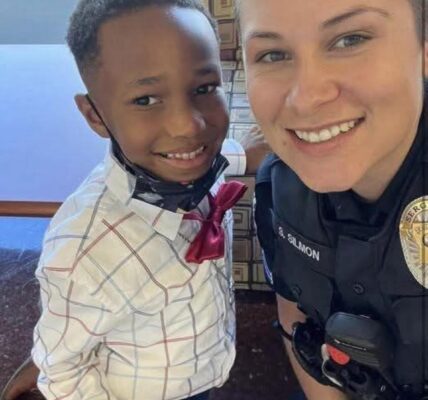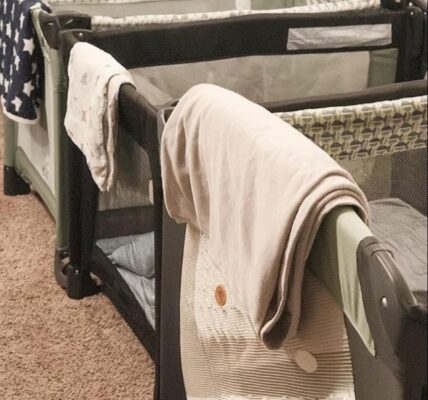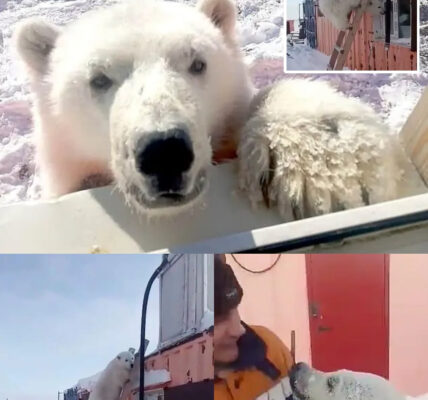
A few months ago, my husband and I found ourselves at the kitchen table, papers spread in front of us, talking about money. Not in passing, not lightly, but really talking—going over bills, weighing expenses, trying to figure out how to make ends meet. For a long time, finances had been tight for us, and that day felt heavier than usual. I could see the worry on my husband’s face, and I felt it too, gnawing at my chest.
We didn’t notice our 4-and-a-half-year-old son sitting just a room away, quietly listening. He didn’t interrupt. He didn’t comment. He simply observed, absorbing every word, every pause, every sigh. Kids often hear more than we realize, and he was taking it all in.
About a week later, we were out on what felt like a never-ending day of errands. Appointments, grocery shopping, dry cleaning, and more—it seemed like the list would never end. I was exhausted. My feet ached, my brain felt foggy, and I sighed to my husband, “I could really use a coffee right now.”
He glanced at me, apologetic but firm. “We can’t. There’s just no room in the budget. We can’t put money on the Starbucks card, either.” And that was that. The conversation ended, and I let it go, resigned.
A moment later, my little boy approached me. He asked for my Starbucks card—a card that almost never has a balance, but that I keep in my wallet around my birthday and holidays, when I load it with gift cards. He likes playing with old gift cards and reward cards, lining them up, pretending they’re treasures. I handed it to him, thinking little of it.
Then, the most unexpected moment happened.
“Here, Mommy.”
“What is it, honey?” I asked, smiling, wondering what he was up to.
“This is for you. I put dollars on your coffee card for you.”
I turned, and my heart stopped. He was holding my Starbucks card, neatly wrapped inside a crisp $5 bill he must have had in his wallet. He had taken my husband’s words literally—he couldn’t put money on the card himself—but he had solved the problem in his own little, thoughtful way. My 4-year-old had given me a coffee.
That afternoon, I sat in the quiet corner of the car, unwrapping my card and staring at that $5 bill, marveling at the sweetness and innocence behind it. I have never, in my life, sipped a coffee more slowly, more deliberately, or more gratefully. Each sip reminded me of his thoughtfulness, his understanding, and his growing heart.
And yet, this act was not an isolated incident. My son’s mind is constantly thinking of others. He has told me, in the past, that he wants to give “all of his dollars to the man who lives on the sidewalk.” He has said he wants to grow up and make a lot of money so he can give “his dollars to other kids who don’t have mommies or daddies.” He does not yet understand the complexity of life, but he understands generosity. He understands kindness. He understands love.
It’s a humbling reminder that children are always listening. Even when you think your words are going unnoticed, even when you think a lesson hasn’t sunk in, they are learning. They are absorbing the behaviors, the words, the values we model for them.
That $5 Starbucks card was more than a gift—it was a teaching moment realized. He had taken the lesson my husband and I often try to instill—helping others, thinking of others—and acted upon it in the most literal and beautiful way a child could.
Teaching children kindness is not just worthwhile—it is vital. The lessons we impart, whether through words or actions, ripple outward. The values we instill today will manifest in ways we cannot predict, in acts of generosity both small and large, in hearts that grow big enough to carry empathy and love into the world.
That day, I learned more than he did. I learned that generosity can be literal and simple, that innocence can be wise, and that even a small child can teach you the deepest lessons about human kindness. I have never had a cup of coffee that tasted sweeter, because it was brewed with love, intention, and a $5 bill wrapped around a simple act of pure giving.
And I know this: one day, when he grows up, that same heart will touch countless lives. And perhaps someday, he will hand a card or a note, or a small gift, to someone in need—just as he handed me a $5 bill that afternoon.
Because when we teach kindness, even in whispers, children will pour it into the world in ways we could never imagine. And that is a legacy far richer than any money could ever buy.
